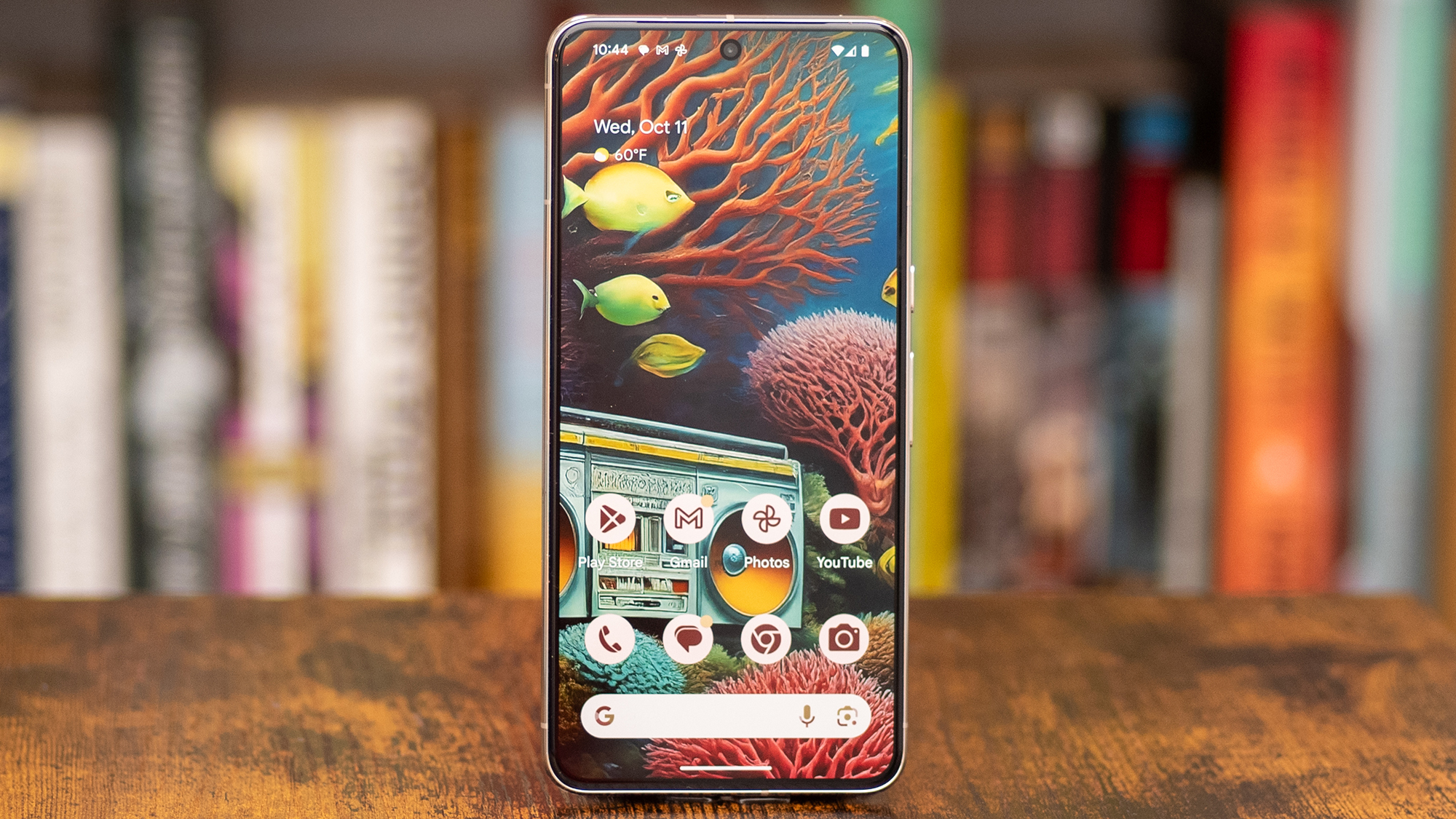Google Pixel 8 Face Unlock has reportedly been fooled already
Sibling rivalry

Sign up for breaking news, reviews, opinion, top tech deals, and more.
You are now subscribed
Your newsletter sign-up was successful
When Google launched the Pixel 8 and Pixel 8 Pro, it made sure to mention the upgraded Face Unlock capabilities on the phones – though it appears that the extra security that's been put in place can be fooled by a sibling who looks a bit like you.
That's according to Redditor MotorTransportation8 (via Android Authority), whose brother was able to unlock their Pixel 8 Pro phone via Face Unlock with no problems. That's despite them looking "very different", according to the post on Reddit.
Face Unlock was officially reintroduced on the Pixel series with the Pixel 7 and Pixel 7 Pro, but it's supposedly better-than-ever on the Pixel 8 handsets – so much so that you can use it to approve purchases and sign into apps, as well as unlocking your phone, on the Pixel 8 and the Pixel 8 Pro.
In the interests of balance, it's worth bearing in mind that we've only heard of one case where this has happened, so far – and it's not something we noted as being a problem in our Google Pixel 8 review or our Google Pixel 8 Pro review.
How secure is Face Unlock?
Google says Face Unlock on the Pixel 8 and Pixel 8 Pro meets the "strongest Android biometric class" standard – which is Class 3. That means there should be less than a 7% chance of a 3D copy of your face unlocking a phone, and a 1 in 50,000 chance of someone else's face unlocking your phone.
In other words, it's strong, but it's not infallible: it's your own personal choice whether or not you're happy with those odds. When Redditor MotorTransportation8 asked his father to try and unlock the phone – someone who apparently bears more of a resemblance to him – it didn't work.
We should also mention that Face ID on the Apple iPhone isn't 100% secure either. Apple says that the chance of a random person being able to impersonate you is less than one in a million, but that "the statistical probability is higher" for twins, and for "siblings that look like you" – though it doesn't say how much higher.
Sign up for breaking news, reviews, opinion, top tech deals, and more.
If this remains an isolated incident, we'd say there isn't too much to worry about here, unless your siblings are particularly untrustworthy. However, it's a reminder that no security protection is ever completely foolproof.
You might also like

Dave is a freelance tech journalist who has been writing about gadgets, apps and the web for more than two decades. Based out of Stockport, England, on TechRadar you'll find him covering news, features and reviews, particularly for phones, tablets and wearables. Working to ensure our breaking news coverage is the best in the business over weekends, David also has bylines at Gizmodo, T3, PopSci and a few other places besides, as well as being many years editing the likes of PC Explorer and The Hardware Handbook.